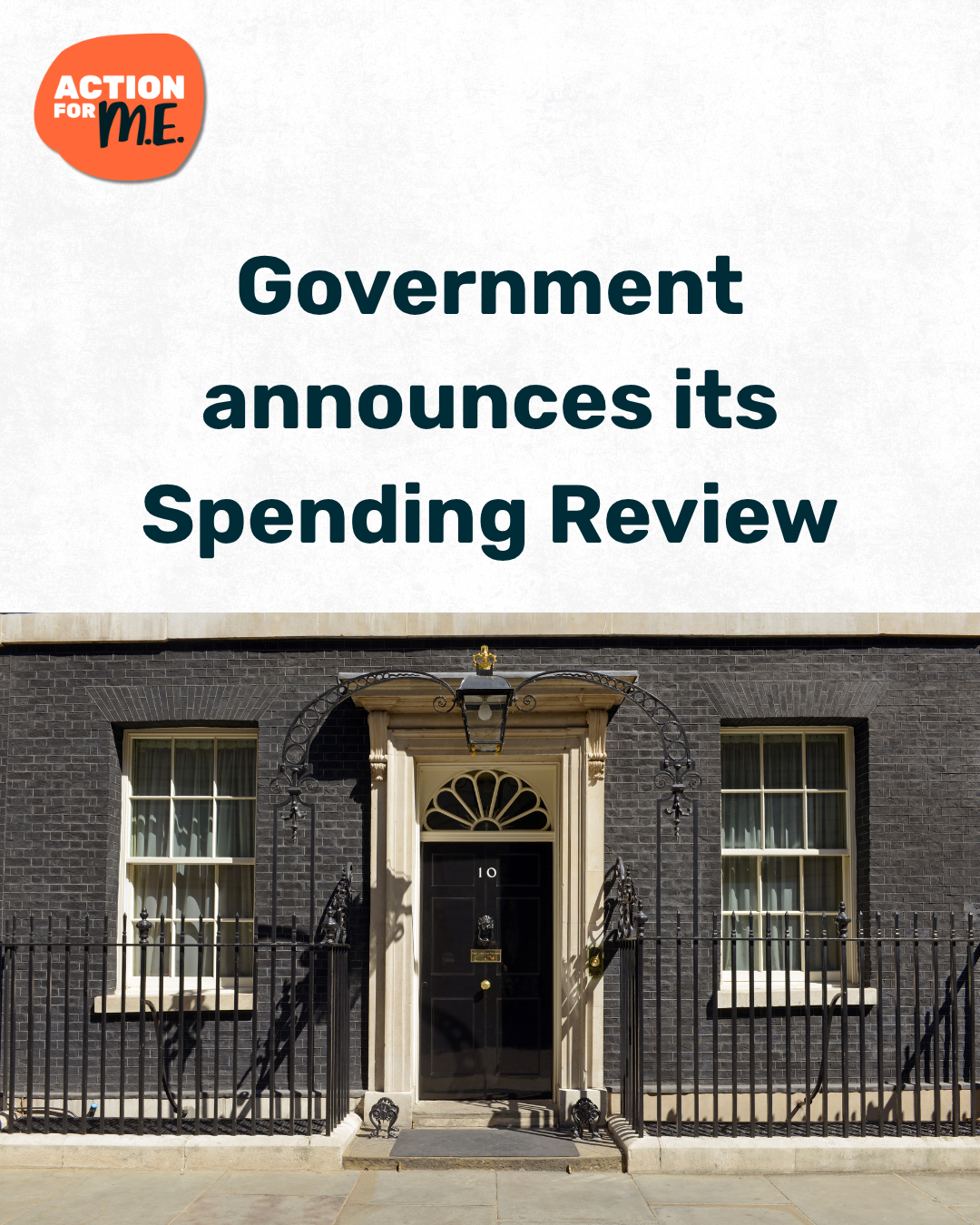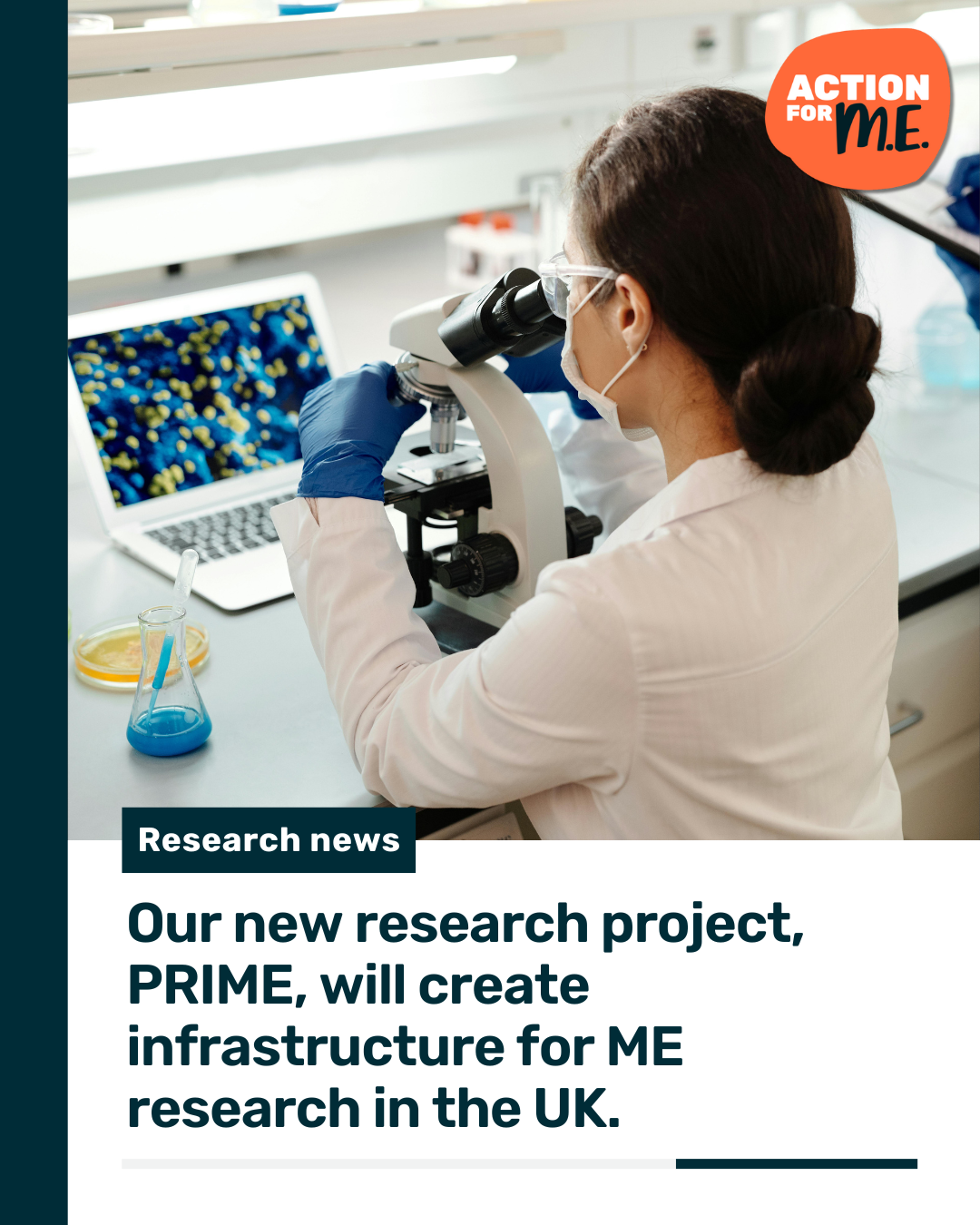Binkie4
Senior Member (Voting Rights)
https://www.actionforme.org.uk/gcoe-2025-webinar/
Genetics Centre of Excellence: update on recent research
9 May 2025
We’re hosting a webinar to share the latest updates from research linked to our Genetics Centre of Excellence.
Don't miss this chance to hear directly from the scientists leading important discoveries and to participate in an engaging Q&A session with patient and public representatives.
Date: Thursday 6 June
Time: 2pm to 3pm
The session will be chaired by our Chief Executive, Sonya Chowdhury. It will include two presentations followed by a Q&A with scientists and Public and Patient Involvement representatives.
The 6th June is a Friday.
Can anyone clarify the date of the webinar? @Andy.
Genetics Centre of Excellence: update on recent research
9 May 2025
We’re hosting a webinar to share the latest updates from research linked to our Genetics Centre of Excellence.
Don't miss this chance to hear directly from the scientists leading important discoveries and to participate in an engaging Q&A session with patient and public representatives.
Date: Thursday 6 June
Time: 2pm to 3pm
The session will be chaired by our Chief Executive, Sonya Chowdhury. It will include two presentations followed by a Q&A with scientists and Public and Patient Involvement representatives.
The 6th June is a Friday.
Can anyone clarify the date of the webinar? @Andy.
Last edited by a moderator:



